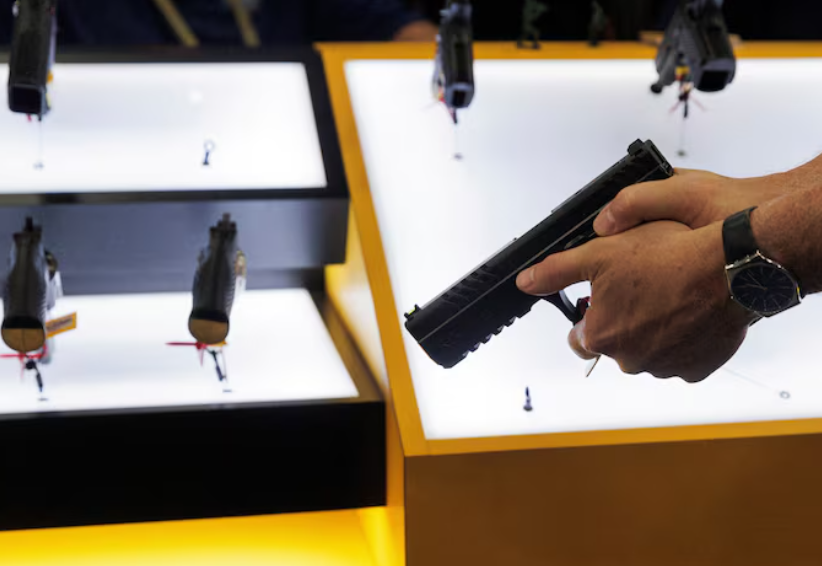A U.S. appeals court on Friday upheld Maryland’s licensing requirements for handgun buyers, affirming that the law remains valid even after a 2022 U.S. Supreme Court decision that expanded gun rights.
In a 14-2 vote, the Richmond, Virginia-based 4th U.S. Circuit Court of Appeals reversed a panel’s 2-1 decision from last year. The earlier ruling had found that Maryland’s 2013 law, which requires most residents to obtain a license, undergo training, and pass background checks before purchasing a handgun, was unconstitutional.
This licensing regime was enacted as part of Maryland’s Firearm Safety Act of 2013, a gun control measure passed following the tragic 2012 mass shooting at Sandy Hook Elementary School in Newtown, Connecticut, where 20 children and six adults were killed.
Under the law, prospective gun buyers must submit fingerprints for a background investigation and complete a four-hour safety training course. Afterward, they must wait up to 30 days before proceeding with the rest of the gun purchase process.
The full 4th Circuit reviewed the law’s constitutionality after a panel of the court had sided with gun rights advocates in November, finding that the law violated residents’ Second Amendment right to “keep and bear arms.” The panel based its conclusion on the Supreme Court’s 2022 ruling in New York State Rifle & Pistol Association v. Bruen, which required modern gun laws to align with the nation’s historical tradition of firearm regulation to withstand a Second Amendment challenge.
Lawyers for the gun rights group Maryland Shall Issue, which sued in 2016 alongside two individuals and a gun store, argued that any temporary deprivation of someone’s ability to buy handguns violated the Second Amendment.
However, U.S. Circuit Judge Barbara Milano Keenan, writing for the majority on Friday, referenced a footnote in the Supreme Court’s 2022 ruling, which clarified that so-called “shall-issue” licensing regimes like Maryland’s are presumptively constitutional.
More than 40 states have such shall-issue licensing laws, which require authorities to issue a handgun qualification license to anyone who meets statutory requirements, with no discretion to deny the license. Keenan stated that despite some delays inherent in such permitting processes, “this type of licensing law is presumptively constitutional because it operates merely to ensure that individuals seeking to exercise their Second Amendment rights are ‘law-abiding’ persons.”
The National Rifle Association, which supported the lawsuit and covered the legal costs, did not immediately respond to a request for comment.

